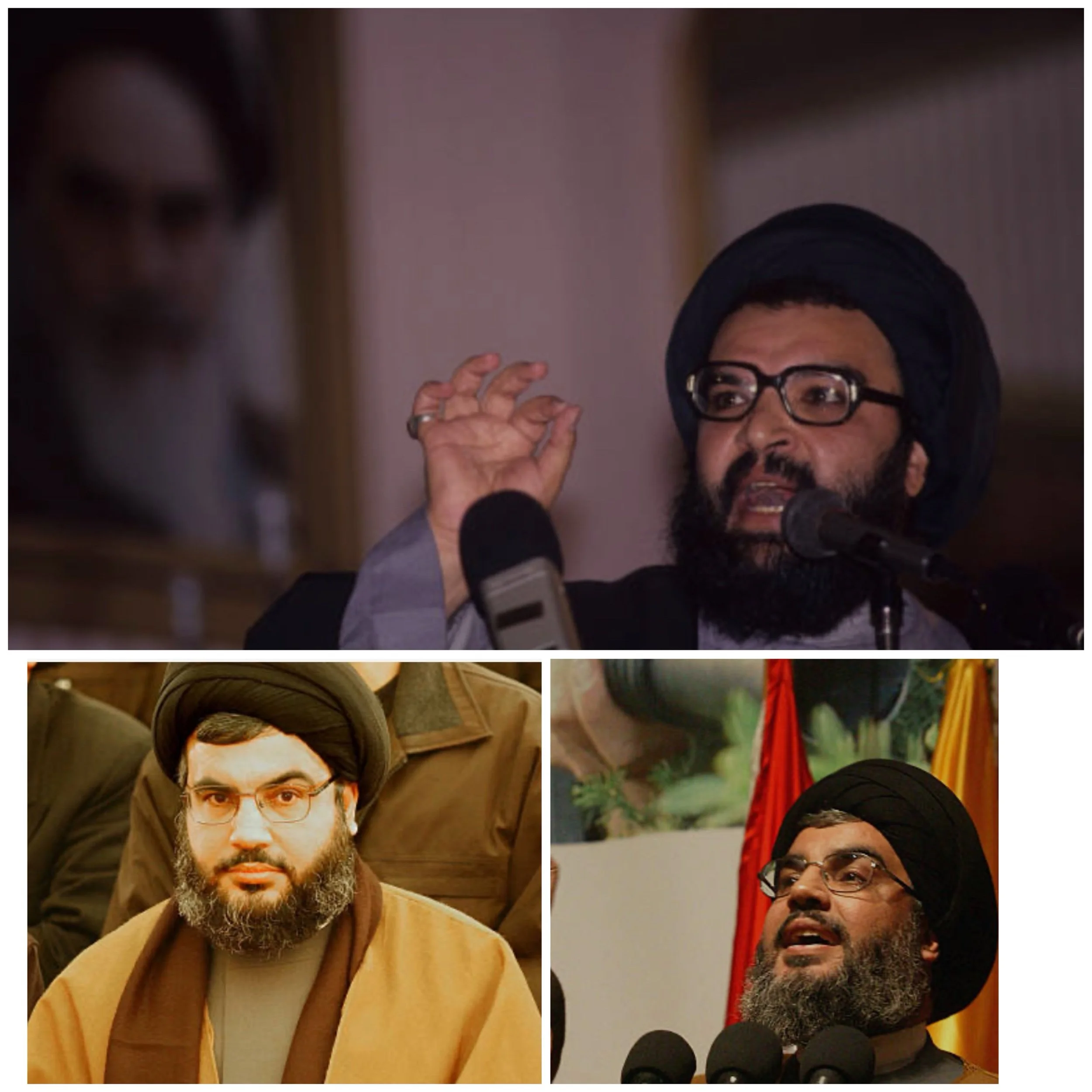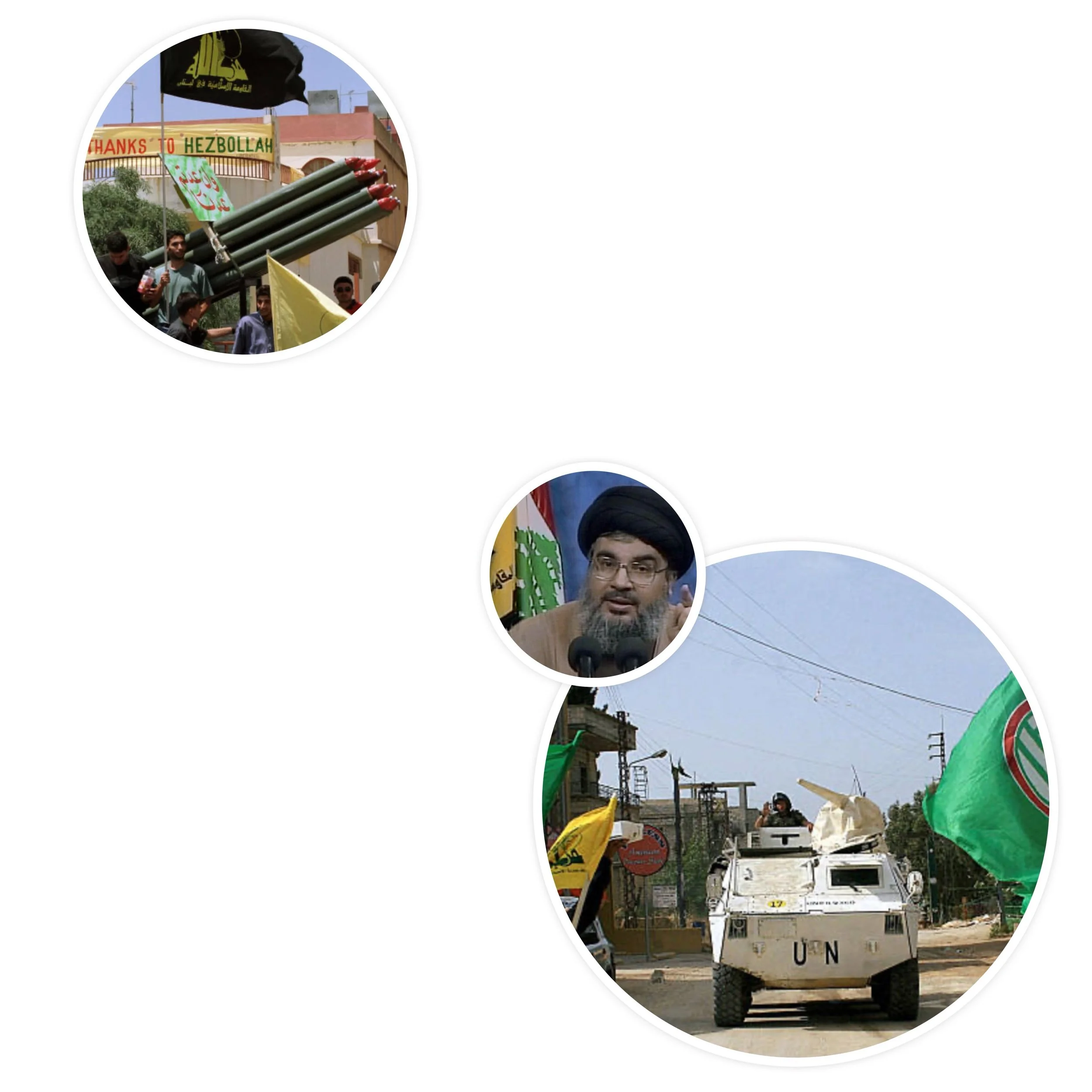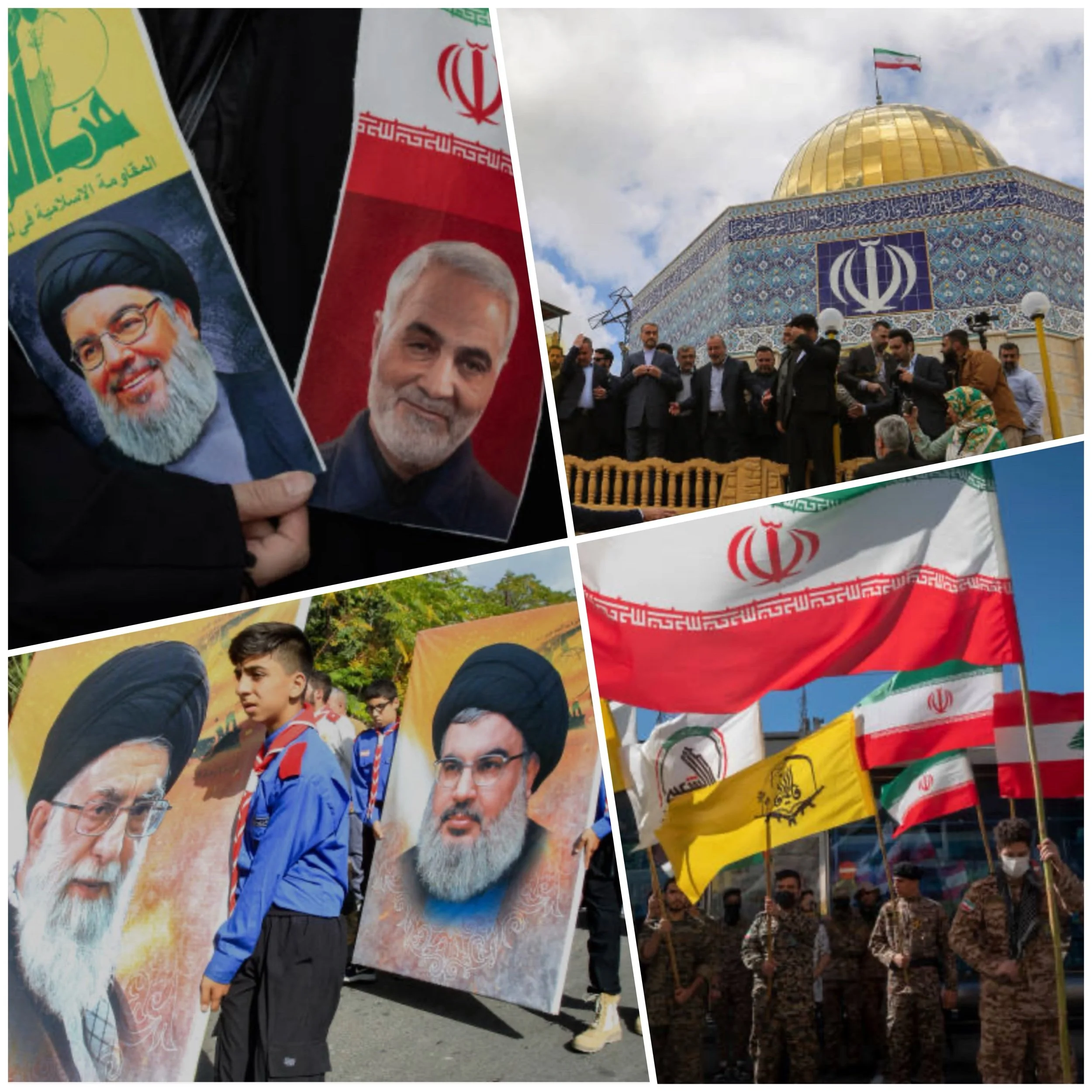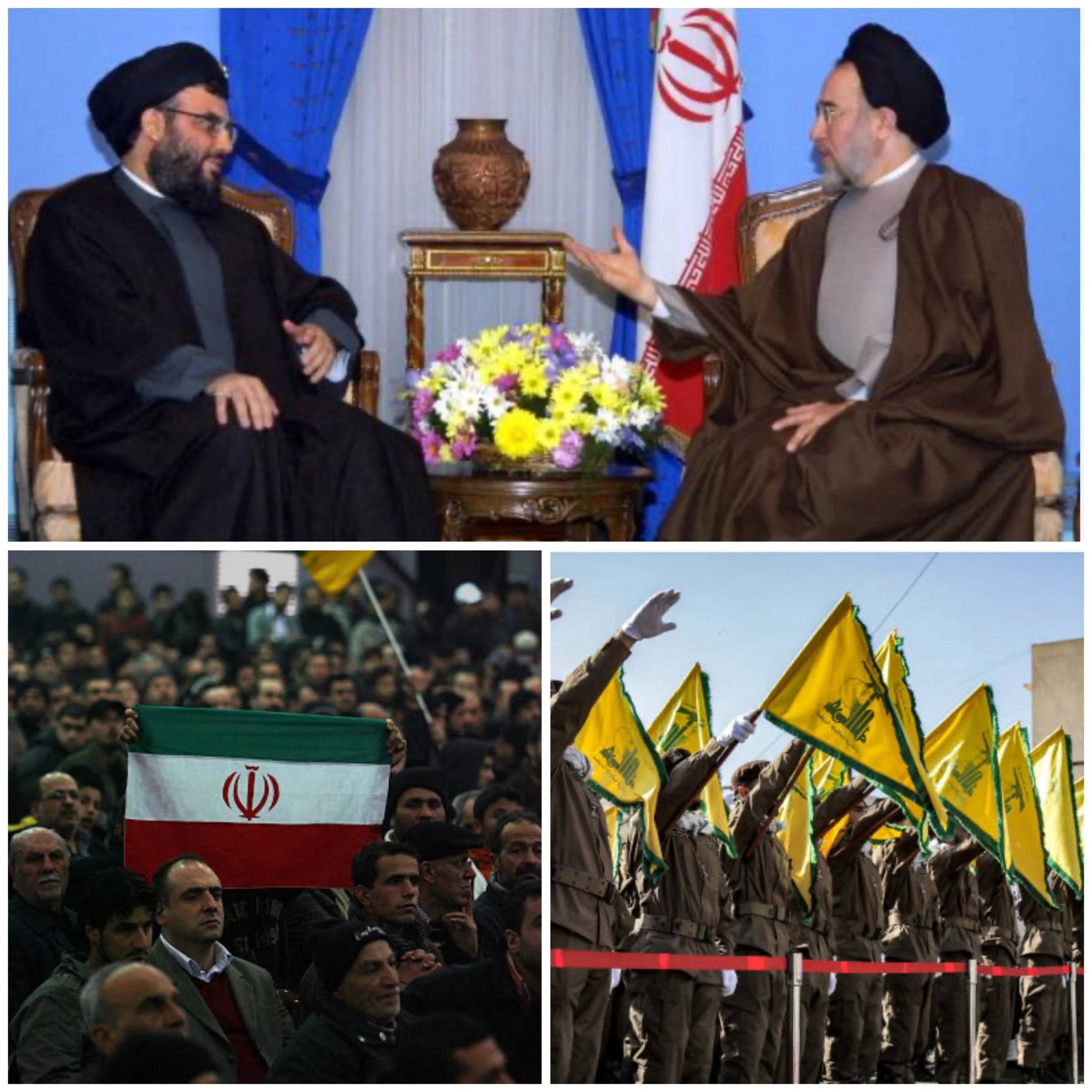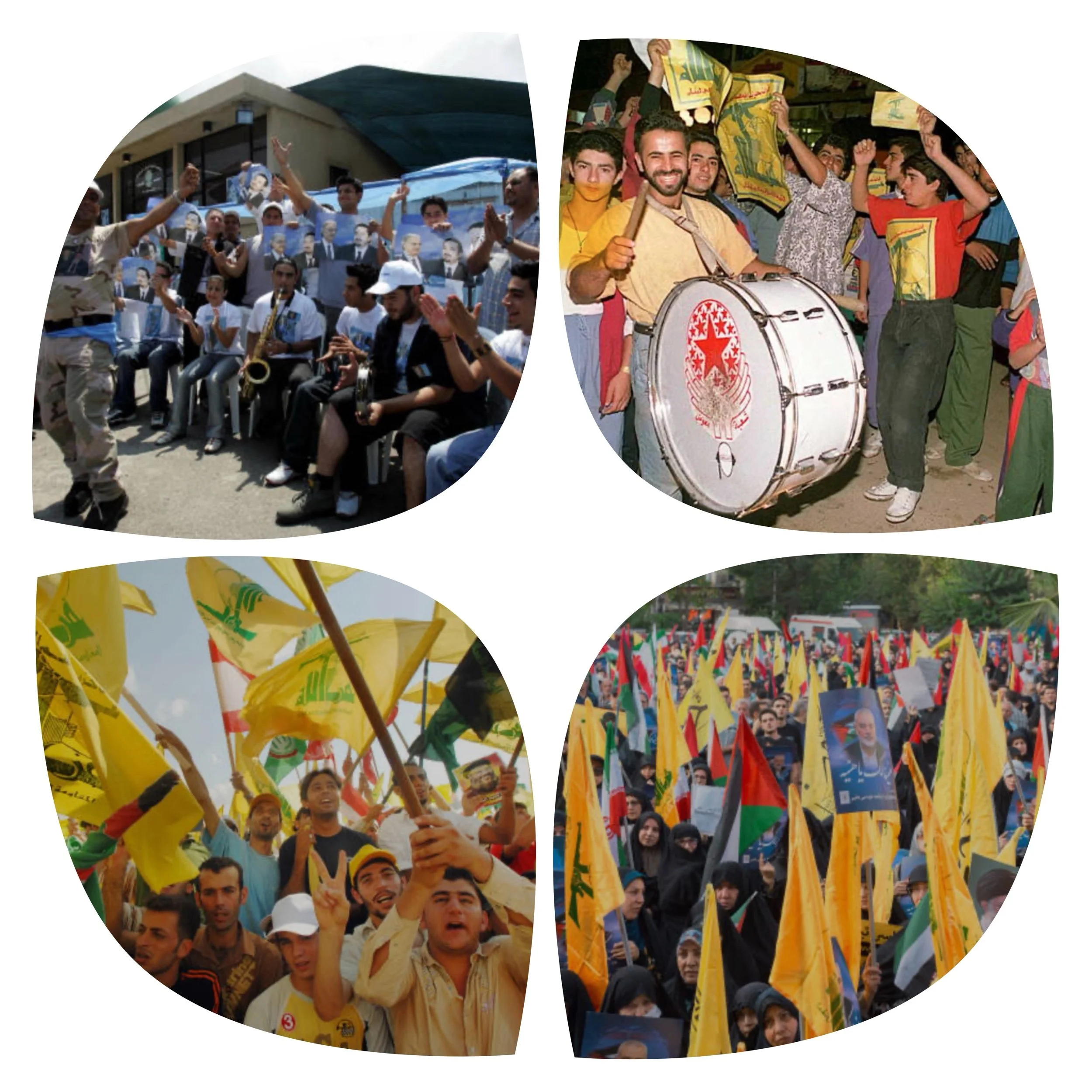How did Hezbollah ideology change with time
Introduction
Hezbollah’s ideology has evolved significantly since its founding in the early 1980s, shifting from a radical Islamist stance to a more pragmatic and nationalist position. Here are the key aspects of this ideological evolution:
Initial Radical Islamist Ideology
When Hezbollah was founded in 1982, its ideology was deeply rooted in Shia Islamism and heavily influenced by the 1979 Iranian Revolution. The group’s 1985 manifesto outlined several radical objectives:
Expelling Western powers from Lebanon
Destroying the state of Israel
Pledging allegiance to Iran’s supreme leader
Advocating for an Iran-inspired Islamic government in Lebanon
At this stage, Hezbollah’s ideology was characterized by its militant anti-Western and anti-Israel stance, as well as its commitment to spreading Iran’s revolutionary ideology.
Shift Towards Pragmatism and Nationalism
Throughout the 1990s and 2000s, Hezbollah’s ideology began to evolve in a more pragmatic direction:
Increased emphasis on Lebanese nationalism rather than pan-Islamism
Greater focus on representing all Lebanese, not just Shia Muslims
Abandonment of the goal to establish an Islamic state in Lebanon
Acceptance of Lebanon’s multi-confessional political system
This shift was particularly evident under the leadership of Hassan Nasrallah, who became Secretary General in 1992. Nasrallah pursued a more pragmatic approach, portraying Hezbollah as a party representing all of Lebanon, not just its Shia population.
2009 Manifesto: A Turning Point
Hezbollah’s 2009 manifesto marked a significant evolution in its ideology:
Dropped all references to creating an Islamic state
Endorsed “consensual democracy” as the basis for governance in Lebanon
Reduced Islamist rhetoric in favor of broader national interests
Maintained opposition to Israel and Western influence, but framed it in more nationalist terms
This new manifesto reflected Hezbollah’s turn toward ideological compromise and its efforts to integrate more fully into Lebanon’s political system.
Ongoing Ideological Tensions
Despite these changes, Hezbollah’s ideology continues to balance several competing elements:
Lebanese nationalism vs. pan-Islamism
Political pragmatism vs. revolutionary ideals
Commitment to Lebanon’s political system vs. loyalty to Iran
While Hezbollah has become more pragmatic in its approach to Lebanese politics, it still maintains its core opposition to Israel and Western influence in the region, as well as its strategic alliance with Iran.
Conclusion
Hezbollah’s ideology has evolved from a radical Islamist stance focused on establishing an Islamic state and exporting Iran’s revolution, to a more nationalist and pragmatic position that seeks to work within Lebanon’s political system while maintaining its core resistance identity.

